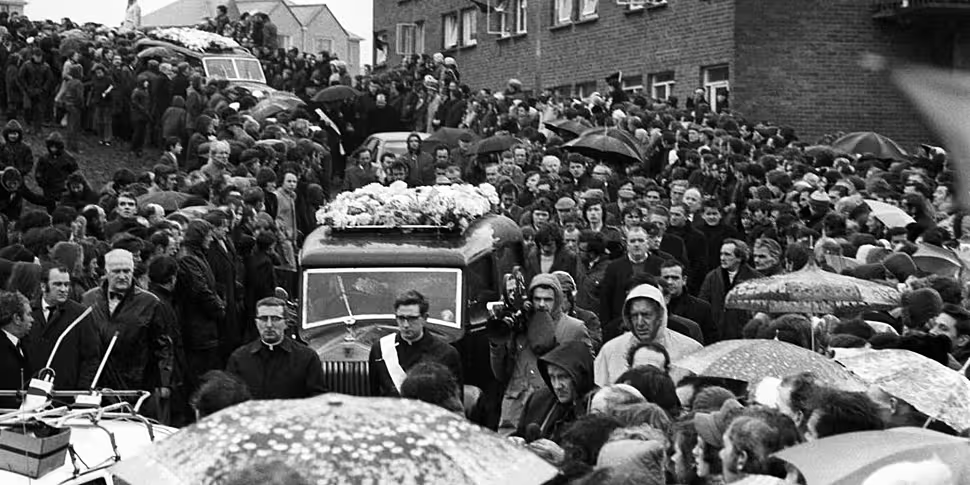Foreign Affairs Minister Simon Coveney has said an amnesty for Troubles related crimes would “re-traumatise” victims.
The British Government’s proposals would mean an end to investigations, civil actions, inquests and prosecutions dating from the conflict.
The amnesty would apply equally to former members of Britain’s security forces, as well as paramilitary groups.
Speaking to the Atlantic Council in Washington, Coveney urged London to abandon the plan:
“The idea that on the most sensitive political issue in Northern Ireland, which is how to deal with the atrocities of the past, that either Government - the British or Irish Government - would act unilaterally, without working together, would really be quite extraordinary.
“Do not act and legislate unilaterally, in a way that I think would re-traumatise, in many ways, many families of victims of killings in the past.”
In July members of the Northern Ireland Assembly backed a motion condemning the plans on the grounds they, "do not serve the interests, wishes or needs of victims and survivors nor the requirements of truth, justice, accountability, acknowledgement and reconciliation".
Victims groups have also expressed their opposition.
However, the British Government says it is time to move on and have described the proposals as “measured and balanced”.
Prime Minister Boris Johnson promised in the 2019 election to end “vexatious” litigation against former service personnel and later told the House of Commons:
"The sad fact remains that there are many members of the armed services who continue to face the threat of vexatious prosecutions well into their 70s and 80s.
"We are finally bringing forward a solution to this problem, to enable the people of Northern Ireland to draw a line under the Troubles and to enable the people of Northern Ireland to move forward."
The legislation is due to be brought before the British Parliament this autumn with a view to becoming law by 2022.









